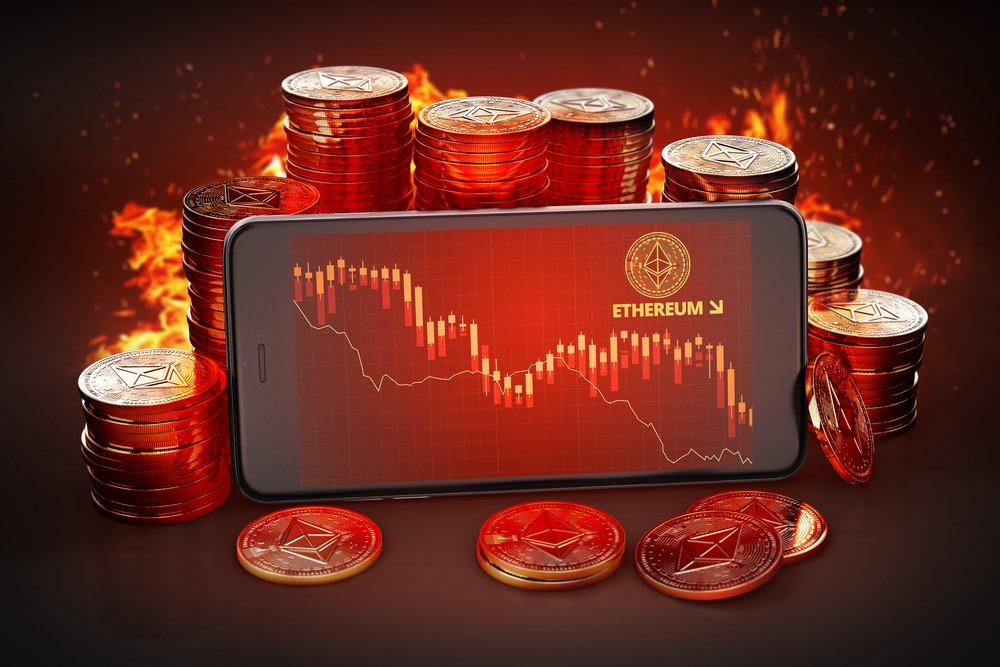Worldwide Markets Reel as Israel Strikes Iran, Killing IRGC Leader Hossein Salami
Worldwide financial markets were thrown into mayhem after tensions in the Middle East escalated drastically, as Israel directed a massive military operation focused on Iran. The Iranian nuclear program and military targets were the focus of an apparent effort to ‘remove the Iranian nuclear hazard’ that involved dozens of Israeli Air Force strikes, coordinated with ground assaults by elite infantry units. The operation’s outcomes are difficult to judge, as the press has been intending mostly at shielded targets: amongst those hit in Iran’s chaos were forces in the IRGC, the senior commander of which, Hossein Salami, is apparently a casualty. The attack, which surprised the markets, is now sending shockwaves through the financial and geopolitical landscapes. Israel’s offensive posture toward Iran is now among the most substantial escalations we’ve seen in recent years, and all attention is focused on how Iran is going to react. That response, which we may well see in the next couple of days, is a factor likely to identify the directions of both regional stability and the stability of worldwide asset prices.
Crypto Market in Freefall: Over $1 Billion in Liquidations
One of the most immediate casualties of the geopolitical fallout was the cryptocurrency market, which saw a sharp and unexpected sell-off as investors rushed for the exits. Bitcoin (BTC) shed about 3%, while Ethereum (ETH) took a much worse beating, falling around 9% at its intraday low. Market anxiety was bubbling over, as evidenced by Bitcoin’s 2% drop and Ethereum’s 4.4% plunge within just an hour of the announcement that Israel had struck Hamas.
As per data from CoinGlass, the 24-hour period following the strike experienced an unprecedented $1.019 billion in crypto liquidations. This event occurred across various central exchanges and effectively wiped out positions for seemingly around 215,000 traders. Most of these traders had apparently been using the 24-hour period preceding the strike to establish long positions on exchanges since approximately $945 million of the liquidated positions were long bets.
The most significant liquidation occurred on Binance, where a long position in the BTC/USDT pair was closed for an astounding $201 million, making it one of the largest sell-offs induced by market conditions in recent cryptocurrency trading history.
In a market regularly characterized as volatile, even in normal conditions, the reaction was immediate and severe. Market participants rushed to insulate themselves from potential losses or to reduce borrowed funds they were using to invest, with both the options markets and the recent surge in sold-short investments across various digital currencies indicating an increased appetite for loss-limiting trades.
Oil Rises While Capital Markets Stagger
In addition to the world of cryptocurrency, traditional markets also reacted to the rapidly developing situation. Oil prices not only didn’t drop, they rose sharply, with Brent crude at one point surging by as much as 11%. That increase reflected supply concerns, with traders fearful that the situation might escalate, and that a wider regional conflict could impact major supply routes or critical energy corridors like the Strait of Hormuz.
The risk asset class, which includes equities and crypto, shows significant weakness that stands in stark contrast to the surge in oil prices. Despite a rather nervous and mixed reaction from the world’s stock markets, the prevailing sentiment seems to be one of renewed caution. Given what’s unfolding, is it any wonder?
Gold, a somewhat more liquid safe-haven asset, saw some modest inflows on Friday as did the U.S. dollar. The volatility index (VIX), also known as the fear index, registered an uptick.
The direct impact was observed across the capital markets, but while stocks fluctuated, they did so for a much shorter duration than the crypto market, which has been under sustained pressure since the announcement.
Currently, those in the market are keeping a close watch on any official responses coming from Iran. If Tehran were to retaliate and do so in kind, it could well provoke a fresh wave of volatility across many markets should they strike back militarily or target Israel or its allies. On the other hand, if Iran could somehow keep a lid on such actions, a restrained response might soothe investor nerves and help stabilize risk assets.
Looking Ahead: A Market on Edge
The intertwining of global markets with geopolitical developments has never been so evident as now. Information travels at the speed of light in today’s world, and in a nanosecond, the markets will have reacted to whatever is happening, for better or worse.


